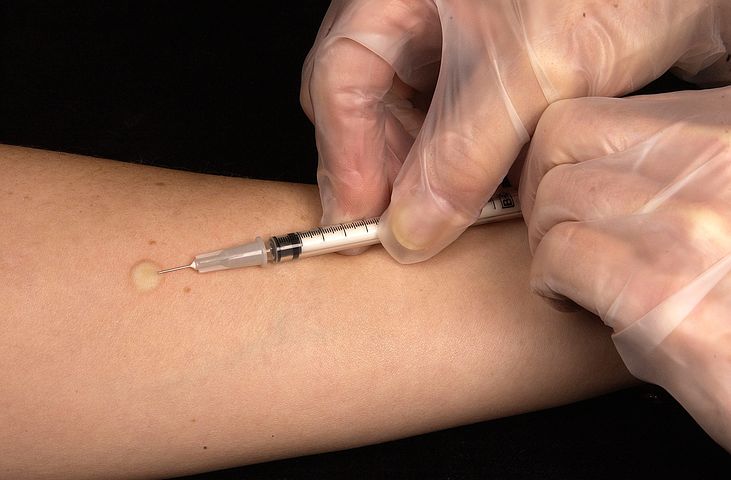The San Diego-based company has received a grant from the Bill & Melinda Gates Foundation to help in its goal to develop transformative diagnostics for tuberculosis and cancer.
July 5, 2019

Biological Dynamics is fighting to take its diagnostic platform to the next level. And the San Diego-based company said it recently received a grant from the Bill & Melinda Gates Foundation, to help it in its mission.
This marks the second time Biological Dynamics has received funding from the philanthropic organization. The first time occurred in November of 2018, according to a release on Biological Dynamics’ website. The company did not go into details regarding the grant’s sum.
Biological Dynamics is developing Verita, an isolation platform. It enables the isolation of circulating biomarkers such as cell-free DNA and exosomes from whole blood, serum, and plasma without the need to pre-process samples.
The company is currently applying the isolation capabilities of Verita to develop the next generation of lab and point-of-care tests for the early detection and treatment response monitoring of cancer. It is also developing a point-of-care diagnostic for the detection of tuberculosis (TB).
“We’re extremely grateful to the Gates foundation especially seeing the technology and helping support us build it,” Raj Krishnan, PhD, CEO of Biological Dynamics, told MD+DI. “The first grant was used to help build a proof-of-concept diagnostic around TB. But this second grant is specifically toward building a platform technology on a smartphone interface system. Down the line, as we proceed forward and show more progress, we’re going to end up merging the two areas and put the TB test on our platform…”
Biological Dynamics is currently in the middle of a financing round. The firm has raised about $50 million since inception.
“What we want to do is to be able to use our unique technology to isolate any type of biomarker that’s molecular,” Krishnan said. “We want to isolate these biomarkers to transform both the quality as well as the access of diagnostics everywhere. The fact that we can isolate all of these biomarkers pretty much allows us to have a wide variety of different types of diagnostics.”
About the Author(s)
You May Also Like




.png?width=300&auto=webp&quality=80&disable=upscale)